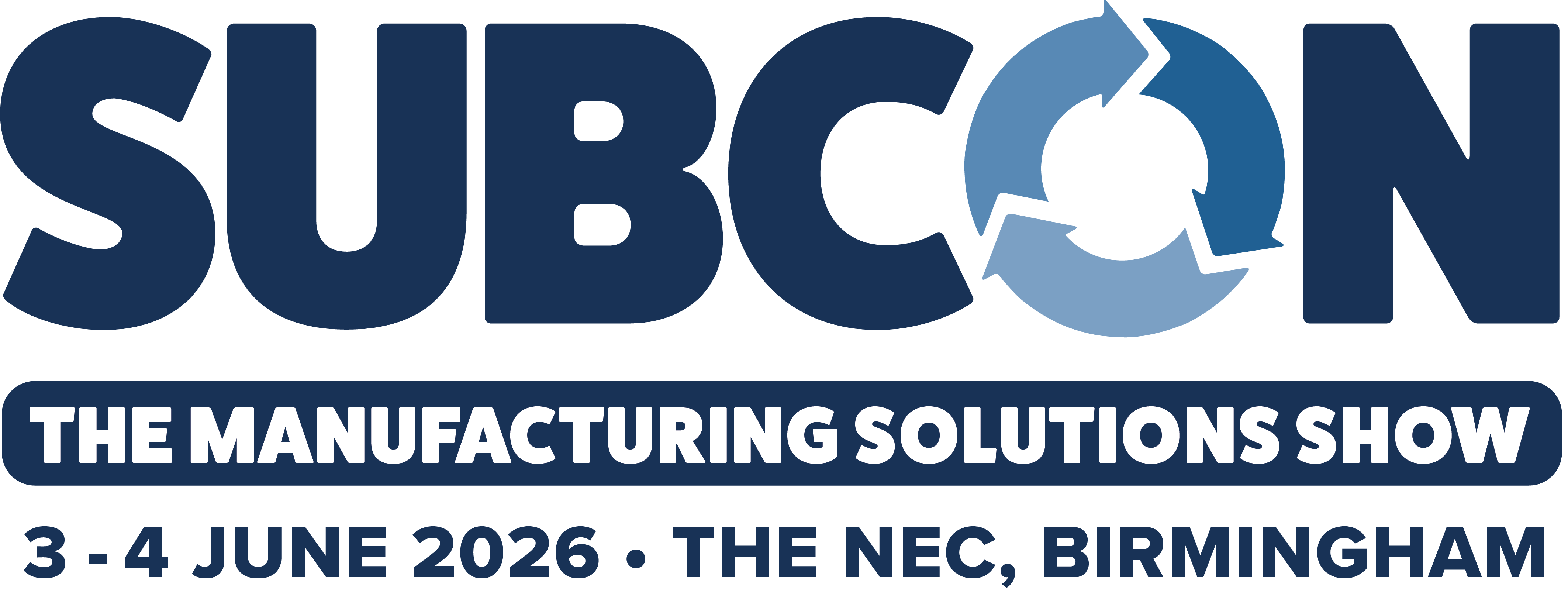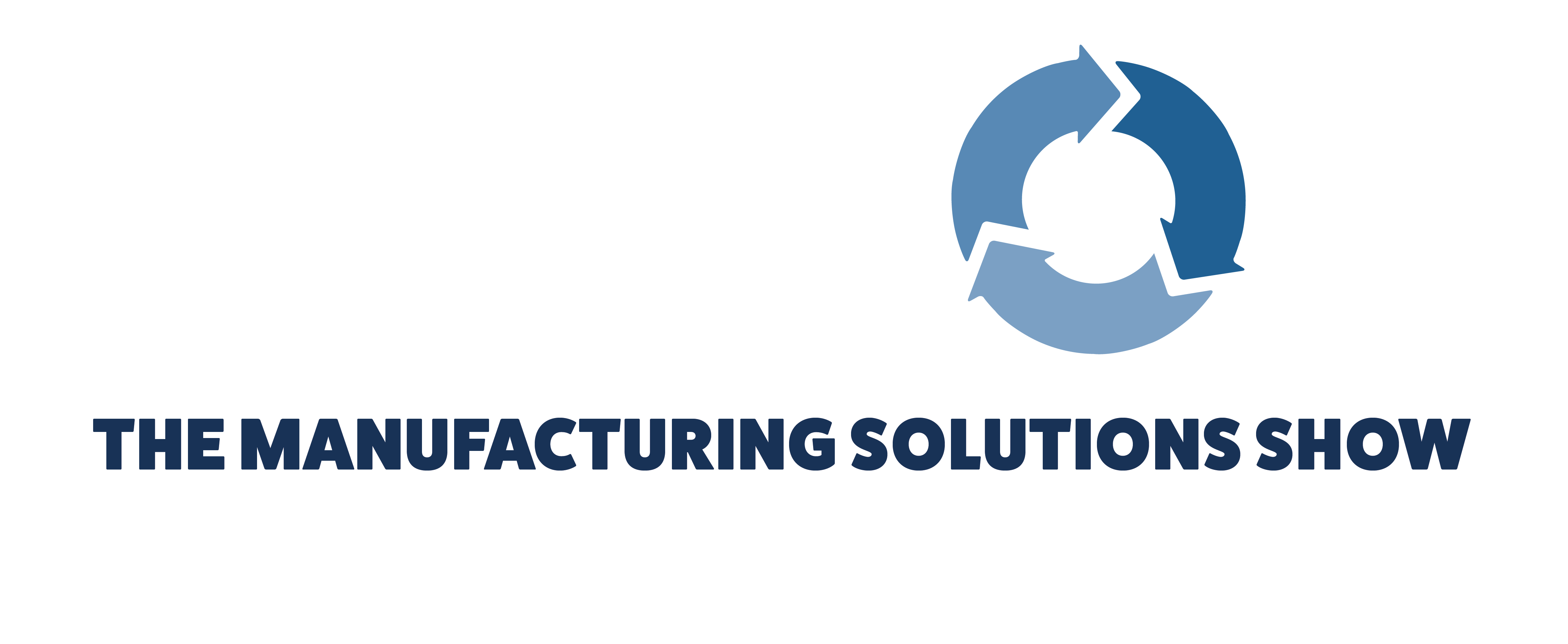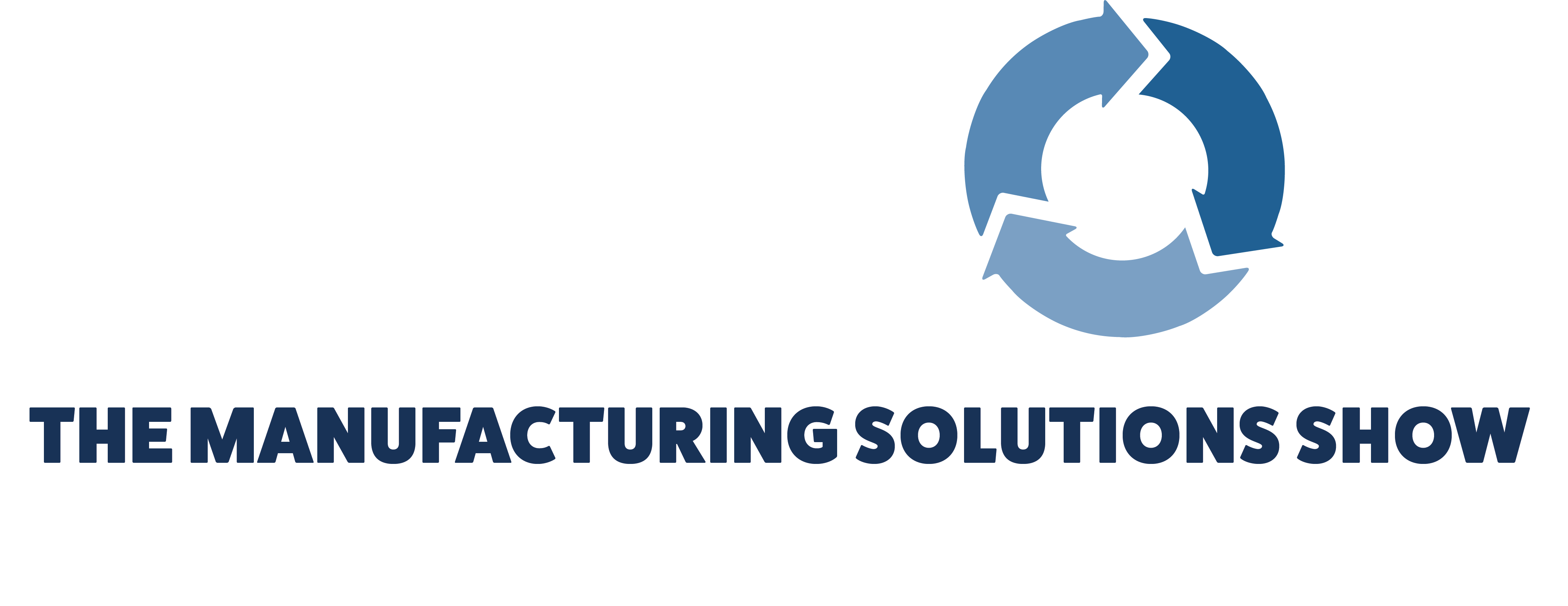How to Determine If Injection Moulding is the Right Process for Your Product
)
How to Determine If Injection Moulding is the Right Process for Your Product
When it comes to manufacturing plastic parts, one of the most popular and versatile processes is injection moulding. It’s a highly efficient method that can produce a wide range of products, from simple to complex. However, before jumping into injection moulding for your project, it’s crucial to assess whether it’s the right manufacturing process for your specific product. In this blog post, we’ll explore the key factors to consider when determining if injection moulding is the best fit for your needs.
Material Compatibility
One of the first things to assess is the type of material you plan to use for your product. Injection moulding works exceptionally well with a variety of thermoplastic and thermosetting materials, including polyethylene, polypropylene, ABS, and more. However, not all materials are suitable for this process. Some high-temperature or chemically reactive materials may require alternative manufacturing methods. Therefore, it’s crucial to consult with a material expert to ensure your chosen material is compatible with injection moulding.
Part Complexity
Injection moulding is known for its ability to produce highly intricate and complex parts with tight tolerances. If your product design includes features like undercuts, threads, or complex geometries, injection moulding may be an excellent choice. This process excels at replicating intricate details consistently, which can be challenging for other manufacturing methods.
Volume Requirements
The production volume of your product is a critical factor in determining the suitability of injection moulding. This method is most cost-effective for high-volume production runs due to its initial tooling and setup costs. If you only need a small quantity of parts, injection moulding might not be the most cost-efficient choice. In such cases, alternative processes like 3D printing or CNC machining may be more suitable.
Tooling Costs
Injection moulding requires the creation of moulds or tooling, which can be expensive and time-consuming. The decision to use injection moulding often makes the most sense when you anticipate producing a large number of parts over an extended period. If your project has a short lifecycle or a small production run, the high upfront tooling costs might not justify the benefits of injection moulding.
Lead Times
Consider your project’s timeline when deciding on a manufacturing process. Injection moulding tooling can take weeks or even months to design and fabricate, depending on the complexity of the part. If your product needs to go to market quickly, you may want to explore faster prototyping methods like 3D printing or rapid CNC machining. However, for long-term, high-volume production, the initial tooling lead time becomes less significant in the overall production timeline.
Cost Considerations
Cost is a critical factor in any manufacturing decision. While injection moulding can offer substantial cost savings for large production runs, it might not be the most cost-effective option for smaller quantities. Assess the total cost of production, including tooling, material, labour, and overhead expenses, to determine if injection moulding aligns with your budgetary constraints.
Design Flexibility
The design flexibility offered by injection moulding is a significant advantage. Engineers and designers can incorporate various features, such as inserts, Overmoulding, and multi-cavity moulds, to enhance the functionality and aesthetics of the product. If your design requires these elements, injection moulding is likely the right choice.
Conclusion to How to Determine If Injection Moulding is the Right Process for Your Product
In conclusion, determining whether injection moulding is the right manufacturing process for your product involves a comprehensive assessment of various factors. These factors include material compatibility, part complexity, production volume requirements, tooling costs, lead times, and overall cost considerations. By carefully evaluating these aspects, you can make an informed decision that aligns with your project’s goals and constraints. Injection moulding can be an excellent choice for many products, but it’s essential to ensure that it matches your specific needs and circumstances before proceeding with the process.
Ready to take your plastic injection moulding projects to the next level? Contact us today to discuss your toolmaking needs and unlock the potential of our expertise in plastic injection moulding, rapid prototyping, and product design. Let’s make your vision a reality!
Email: Sales@dudleyassociates.com or Jacob.Taylor@dudleyassociates.com
Tel: 01455 558825



